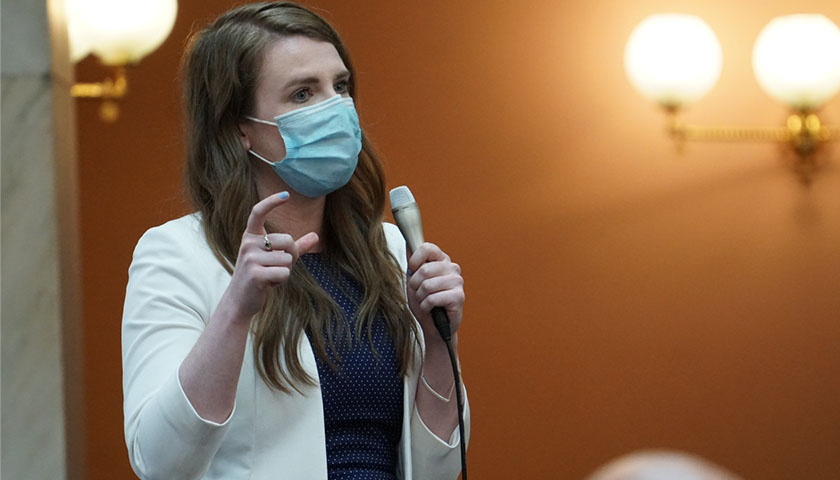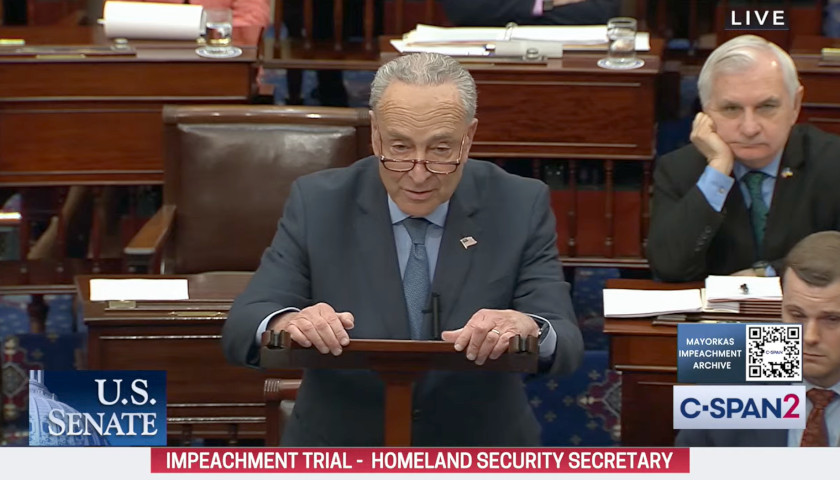by J.D. Davidson
Ohio churches, businesses, schools or any nongovernment group no longer can partner with local boards of election to help educate or register voters or for anything related to voting or an election.
An Ohio state representative wants that changed.
The election reforms passed as part of the state budget after failing to make it out of the House when they were introduced with other election changes as a standalone bill. The new law prohibits any public official from collaborating with nongovernmental groups or individuals on any election-related activity.
“Every two years in Ohio, a vast state operating budget must be passed to appropriate billions of taxpayers dollars,” said Rep. Bride Rose Sweeney, D-Cleveland. “While this 2,000-page document should be limited to budgetary items, the Ohio Senate added a number of controversial provisions at the last minute with no public input.”
Sweeney said the reform infringes on voting rights. She plans to introduce legislation in the coming days to repeal the new law, along with a provision that bans lawsuit settlements by public officials.
“In response to concerns from constituents, voting rights groups and others, I intend to introduce legislation repealing this ban [this] week in the hopes of sparking a bipartisan conversation and listening to what the people think of this law,” Sweeney said. “Keeping a law on the books that could be used to prevent voter education, registration and outreach – even at nonpartisan events – is fundamentally absurd.”
House Bill 294 remains in committee and proposes changes to Ohio’s election laws that would reduce the number of early voting days and require two forms of ID in certain situations. It also requires testing of voting machines before use in all elections and expands the definition of voter activity. It also allows up to three ballot drop boxes to be placed on only boards of election property, no matter the population of a county.
While the bill eliminates early voting on the Monday before an election, it does call for those hours to be added to other days. The deadline to request an absentee ballot would be 10 days before an election, and it allows for automated voter registration, but not automatic registration.
The bill sparked a statewide listening tour by Democratic House leaders in June to gauge public reaction to the proposed changes.
A third item added to the budget that would have allowed legislative leaders from the majority party to intervene in redistricting lawsuits and use tax dollars to pay private legal counsel was vetoed by Gov. Mike DeWine.
– – –
An Ohio native, J.D. Davidson is a veteran journalist with more than 30 years of experience in newspapers in Ohio, Georgia, Alabama and Texas. He has served as a reporter, editor, managing editor and publisher. He is regional editor for The Center Square.
Photo “Bride Rose Sweeney” by The Ohio House of Representatives.





